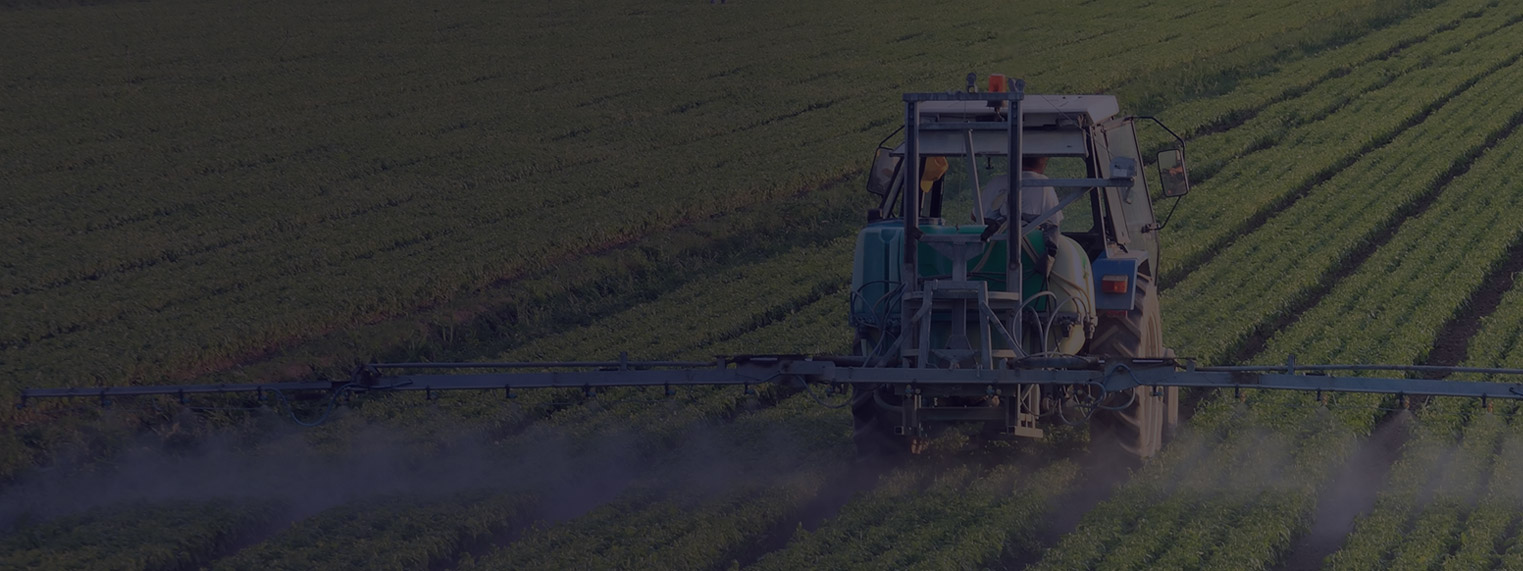
Feeding the Future: Leveraging Agriculture Biologicals for Sustainable Farming Practices and Increased Crop Yield
The global market for agricultural biologicals is witnessing a transformative shift driven by the growing need for sustainable agriculture practices, increasing crop resilience, and reduced dependency on chemical inputs. Moreover, due to climatic changes and population growth, there has been a high pressure on global food systems. Agricultural biologicals offer natural and biologically friendly solutions that enhance crop productivity and preserve soil health. The agricultural biologicals market is estimated at USD 16.7 billion in 2024 and is projected to reach USD 31.8 billion by 2029, at a CAGR of 13.8% from 2024 to 2029.
The agricultural biologicals market is poised for sizable growth, driven by inventions, research and development, and the acceptance of biostimulants, biofertilizers, and biopesticides. For instance, Novozymes JumStart, a phosphate–solubilizing biofertilizer, was developed to improve the availability of nutrients, primarily phosphorus, in the soil. Novozymes biofertilizers have been widely used in agricultural practices to increase the crop yield. The manufacturer aimed to provide sustainable and efficient ways for the farmers to manage the crop nutrient availability in their fields.
The Role of Agriculture Biologicals in Sustainable Farming
Agricultural biologicals are at the lead of innovations in sustainable agriculture, offering solutions that reduce chemical inputs, enhance soil health, and improve crop productivity. The recent innovations in biotechnology are accelerating the developments in highly specific and efficient agricultural biological products. Companies like BASF and Corteva Agriscience are pioneers in microbial bio-stimulant manufacturing and target root zone developments, enhancing nutrient absorption and improving crop resistance to drought.
The CRISPR gene-editing technology is being explored to create more effective biologicals tailored to specific crops and environments, ensuring farmers can optimize their resource use while reducing environmental impact.
Tailored Formulations for Diverse Crop and Soil Needs
Innovations in the formulations of biofertilizers and biopesticides are helping farmers address the specific challenges. For Instance, Pivot Bio has developed PROVEN, a nitrogen-producing biofertilizer that uses naturally occurring microbes – which directly work on the crop roots to provide nitrogen without the growing season. This breakthrough has reduced synthetic nitrogen fertilizers' usage and has aided in minimizing both costs and environmental harms from excess fertilizer runoff.
Further, biopesticide innovations create solutions targeting specific pests without impacting the beneficial organisms. For instance, Marrone Bio Innovations have introduced biopesticides like Regalia, which uses plant extracts to boost crops' natural defenses against fungal diseases.
The biological products are also integrated with precision agricultural technologies, where data-driven insights guide the application of these inputs. These days, we have drones and sensors equipped with imaging technologies that can detect nutrient deficiencies or pest infestations in real-time. These integrations have helped farmers to apply biologicals and have aided in lowering costs, reducing wastage, and enhancing the effectiveness of biologicals.
Sustainable Soil Regeneration & New Delivery Systems
Another key innovation in agricultural biologicals is their role in soil regeneration and carbon sequestration. For instance, Indigo AG uses carbon farming initiatives, which help farmers sequester soil carbon and boost crop productivity. Carbon farming initiatives not only contribute to climatic change mitigations but also contribute to long-term soil health by restoring microbial biodiversity.
Further, the innovations in the delivery systems are another breakthrough, ensuring that agricultural biologicals remain effective throughout their applications. Developments such as encapsulation technologies and slow-release formulations are being progressed to protect vulnerable biologicals, for instance, microbes, from environmental stressors by ensuring they reach the crops in optimal condition. Valent BioSciences has pioneered advancements in biological delivery mechanisms to increase their products' shelf life and efficacy.
Market Ecosystem
Key players within this market consist of financially robust manufacturers. These entities boast extensive industry tenure, offering diversified product portfolios, innovative technologies, and strong global sales and marketing networks. Prominent companies in this market are BASF SE (Germany), Syngenta Group (Switzerland), Bayer AG (Germany), FMC Corporation (US), Corteva (US), UPL (India), Nufarm (Australia), Novonesis (Denmark), Lallemand Inc (Canada), Mosaic (US), Rovensa Next (Spain), Sumitomo Chemical Co., Ltd (Japan), SEIPASA, S.A. (Spain), Koppert (Netherlands), and Gowan Company (US).
- In May 2024, Bioceres Crop Solutions Corp. announced that the Ministry of Agriculture and Livestock from Brazil, MAPA-Ministério de Agricultura e Pecuária, had approved three new bio-insecticidal and bio-nematocidal solutions derived from inactivated cells of the Company's proprietary Burkholderia platform.
- In January 2024, Certis Biologicals introduced Convergence Biofungicide, a powerful crop protection solution for corn, soybeans, and peanuts. This innovation from Certis Biologicals brings to row crop farmers the best combination of top disease control and more plant health in one convenient, lower-priced package.
- In December 2023, Biobest Group NV introduced a new plant defense elicitor, FytoSol, designed to offer preventative protection against tomato leaf mold caused by Morocco's Cladosporium (Passalora fulva).
Developing efficient and target-specific biofertilizers, biopesticides, and biostimulants through growing microbial research is the key technological trend in agricultural biologicals. IoT devices, Drones, and AI-guided analytics are a few examples of precision agriculture technologies being incorporated these days to increase the yield and optimization of biological products.
From advanced gene editing to biotechnology, the ability to develop next-generation biologicals with superior efficacy and environmental adaptability draws more power. In addition, the emerging trends in the exploitation of big data and machine learning are assisting farmers in making better data-driven choices that increase crop protection and yield, all things done to improve the general usage of agricultural biologicals. Contemporary farming spaces are seeing these trends in combination; they bring more potency, efficiency, and scalability to biological products.
80% of the Forbes Global 2000 B2B companies rely on MarketsandMarkets to identify growth opportunities in emerging technologies and use cases that will have a positive revenue impact.
- Food Packaging Market Size Set for Strong Growth Through 2030 Amid Rising Demand for Convenience Foods
- Fertilizers Industry Set to Grow at 4.1% CAGR Through 2030
- Leading Automated Guided Vehicle Companies 2024: An In-depth Analysis
- CHARGED UP: SHIFT TO E-MOBILITY AND THE EVOLUTION OF TRANSPORTATION
- Global Automotive Market: Predictions For 2024



